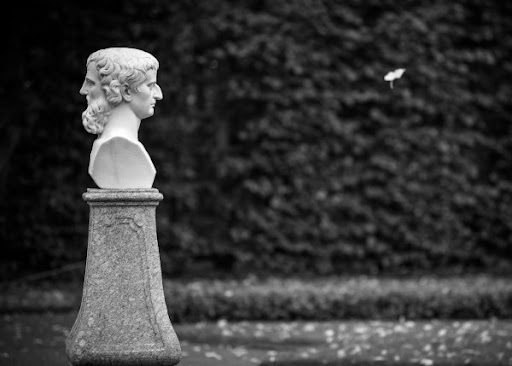By now, most of you have participated in a remote mediation, most likely on a Zoom platform. I want to talk about attendance via Zoom and the psychology of communication and helping your cause by managing your virtual appearance.
In Western literature and film, there are conventions associated with appearance and sound when depicting good and evil, beauty and unattractiveness, light and dark. One of these is the convention of the witch and the princess, which we can discuss in the context of Zoom mediations.
Understanding the convention means several considerations for attorneys and clients when appearing remotely.
Are you going to have the client in your office? What is the quality of your internet connection, camera, and microphone? If the client is elsewhere, what is the quality of the client’s video and audio?
We all know most communication is non-verbal. We know that physical proximity creates a connection between speaker and audience and the potential for greater empathy. That’s why psychiatrists want you to be in their office, and the reason why we pay more to be in the front row of a concert.
Put your client in the best light
If you are sitting in a dark room with poor lighting during mediation, the mediator must work harder to see you. If the camera angle is too high or too low, it is annoying, and frequently unflattering. Why are you making it harder for the mediator to hear and empathize with your message?
The Plaintiff needs to wear appropriate clothes as that individual would during an in-person mediation. My recent experience suggests stay-at-home litigants (and attorneys) dress down. The old line from the 1980s is still true: dress to impress.
What is the downside to wearing business attire? Plaintiffs need to make a good impression upon opposing counsel but as well the mediator. Frequently, I will ask the defense if they believe the plaintiff makes a good appearance. If the Plaintiff dresses in a t-shirt and shorts and appear disengaged, it makes it harder to “sell” the Plaintiff. People who dress well, use a quality camera, and speak in a pleasant tone are going to engender positive feelings. A well-presented Plaintiff affords me the ability to squeeze a few more dollars from the defense at the end of the day.
Claimant’s counsel should consider improving their audio and internet connections. Buffering, inconsistent audio, freezing and the like occur far too often. Do not log in to Zoom via cellphone. Isn’t a six-figure case worth the cost of a great internet connection?
A witch or a princess? It’s a matter of perspective
Also, be mindful of the camera angle. Too high and you look like you are sitting in a hole. Having the camera angled up is never flattering. Have you ever seen the nostrils of a fashion model? That’s for a reason. I put my laptop on an elevated computer stand and have a stand alone light behind the computer.
Defendants need to demonstrate they are paying attention and they respect the Plaintiff. I cannot tell you how many times I have seen a culpable defendant appear in joint session during an online mediation, and it is apparent that they are reading something on their computer.
We can see what you are doing! This is disrespectful to any plaintiff and does not sit well with opposing counsel or any mediator. If a claimant is heard, respected, and considered, claimants are more prone to say or think, “I feel this amount is fair,” or “I am ready for this to be over.” Demonstrating indifference is not a good strategy. You would not be looking elsewhere if we were in-person but folks are not mindful of how their behavior is perceived. If you don’t care about the process, why should I work hard for your side?
A lesson from Hans Christian Anderson
In children’s literature and films (e.g., stories by Hans Christian Anderson), we read and see the convention of the witch and the princess. Witches live in a dark, cramped dwelling or cave, and are unattractive. Their clothes are black and perhaps ill-defined. The princesses live in illuminated rooms or spaces. Their clothes are tailored, clean and colorful, their faces are bright, and their disposition pleasing.
Men in the roles of evil witches or warlocks, are similarly disturbing, their speech unpleasant and their attire is strange and frequently monochromatic. This contrast of sound and appearance between good and evil has for decades permeated our culture reinforced by literature, television, and movies.
Smart mediation advocates play the role of the prince or princess, and pay attention to the audio and video in which they and their clients communicate with the mediator. Smart advocates conduct practice sessions with their clients to get the details right. Smart advocates impress upon their clients to stay focused in opening session and avoid distractions.
Studies show that people who are liked have far better interpersonal relationships and yield better results from social encounters, all of which translates to optimizing results in mediation.
Zoom and other platforms have made mediation in the era of COVID-19 possible. They have proven to be a decent substitute for the real thing. The unintended consequence of virtual mediation is a casual attitude and lack of attention to detail.

